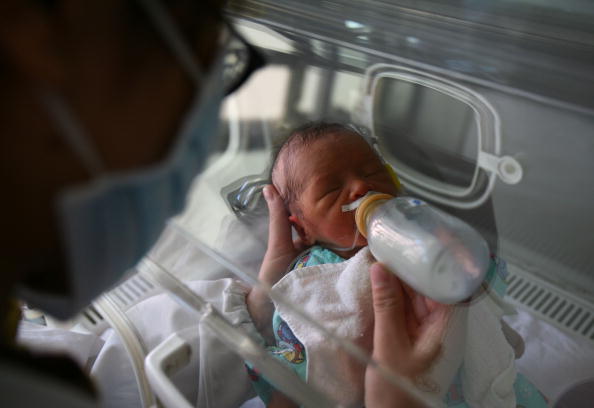
There had been growing evidence of the health benefits of breastfeeding not only to the infant but to the mother as well. However, some mothers find it a daunting task to breastfeed their infants themselves. As a result, they resort to buying breast milk online. A new study published in the journal Pediatrics on April 6 reveals that 10% of online breast milk samples are not genuine.
Apparently, from the samples the researchers got from online breast milk, 10% contains cow's milk. They were able to check 102 samples of breast milk sold online and they found out that some of these products were tarnished with cow's milk or infant formula.
According to Wall Street, the researcher, Sarah Keim, from Nationwide Children's Hospital at Columbus, Ohio, explained that infant or cow's milk may be intentionally mixed with breast milk and they sell them online.
Cow's milk may be dangerous for infants who cannot tolerate it or are allergic to that type of milk. Meanwhile, the United States Food and Drug Administration is strictly recommending mothers not to purchase breast milk online due to the risk of contaminants and diseases. These products are not tested accurately for the presence of infectious disease that can be passed through breast milk.
In order to test the samples, the researchers used polymerase chain reaction to detect cow's milk. She added that the level of cow's milk found in the samples was too high to be considered a mistake.
According to Digital Journal, many websites sell breast milk for $1 to $2 an ounce. However, many mothers are patronizing these products due to the growing trend. Mothers believe they are giving the needed nutrients their infants need but in fact, they are exposing them to risk of many diseases including HIV, Hepatitis B and C.
To make things worse, they found that 75% of the samples were contaminated with bacteria and viruses due to the way it was collected, stored and shipped. The frightening finding was that four samples contained cotinine, a compound found in the breast milk of active smokers.
Dr. Keim reiterated, "Don't buy milk on the Internet. It's impossible to know that it's safe."
